
Rfk Jr. Raises Health Concerns Over 5G, Says It May Affect Brain Function And Cancer Risk
In recent years, the rollout of 5G technology has been hailed as a revolutionary advancement in telecommunications, promising lightning-fast internet speeds, improved connectivity, and the foundation for a new era of smart devices and automation. However, amid the excitement, concerns have emerged regarding its potential health implications. One of the most vocal critics of 5G's rapid deployment is Robert F. Kennedy Jr. (RFK Jr.), a political figure, environmental lawyer, and 2024 U.S. presidential candidate. He has repeatedly expressed alarm over the potential effects of 5G radiation on human health, particularly its possible impact on brain function and its potential to increase cancer risk.
RFK Jr. argues that the widespread deployment of 5G infrastructure—often without sufficient regulatory oversight—poses significant risks that have not been adequately studied. He highlights the fact that 5G relies on higher-frequency millimeter waves, which differ from the frequencies used in previous generations of mobile networks. These higher frequencies, while enabling faster data transmission, also result in more concentrated forms of non-ionizing radiation. According to Kennedy, prolonged exposure to this type of radiation could interfere with the body’s neurological functions, potentially leading to cognitive disruptions, memory loss, or sleep disorders.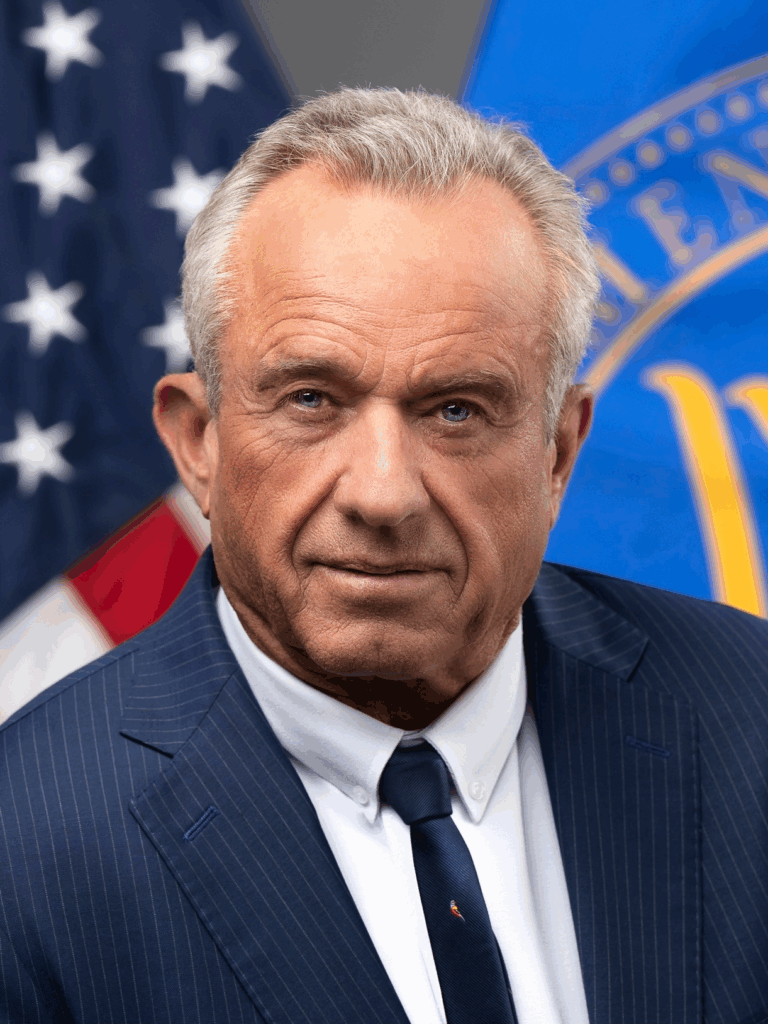
One of RFK Jr.'s primary concerns is the lack of long-term, independent research on the biological effects of 5G radiation. While the telecom industry insists that 5G is safe and complies with all existing safety standards, Kennedy points out that many of these studies are either outdated or conducted under the influence of industry stakeholders. He cites some animal studies that have shown a correlation between radiofrequency radiation exposure and increased tumor development, particularly in the brain and heart. Although these studies are not definitive, Kennedy believes they warrant serious investigation before widespread exposure to 5G becomes the global norm.
Beyond the potential neurological effects, RFK Jr. also raises alarms about the possible cancer risks associated with 5G. He refers to the 2018 findings of the U.S. National Toxicology Program (NTP), which suggested that high levels of radiofrequency radiation might increase the risk of certain types of tumors in rats. While the implications for humans remain debated, Kennedy argues that caution is essential, especially when dealing with a technology that is expected to surround individuals 24/7 through small-cell antennas placed in close proximity to homes, schools, and workplaces.
Critics of Kennedy’s stance argue that his views are not supported by the broader scientific consensus. Organizations such as the World Health Organization (WHO) and the U.S. Federal Communications Commission (FCC) maintain that current radiation limits are sufficient to protect public health. However, Kennedy and like-minded activists counter that these agencies may not be as independent as they appear, due to their close ties with industry players.
Ultimately, Kennedy’s warnings about 5G reflect a broader concern about the role of technology in society and the importance of public transparency. He advocates for a more precautionary approach, urging governments to conduct further independent research and to involve communities in decision-making processes regarding 5G infrastructure. For Kennedy, the issue is not about rejecting technological progress, but about ensuring that such progress does not come at the cost of human health.
As the debate over 5G continues, RFK Jr.’s comments have sparked renewed attention to the possible risks of emerging technologies. Whether his concerns prove to be well-founded or not, they underscore a critical point: in the rush to adopt the next big innovation, society must not neglect the long-term implications for health and well-being.
News in the same category


Doctors Warn: These 2 Daily Habits Are Destroying Kidneys—Many Lose Both Before Age 30
Doctors warn that both of these habits—excessive sodium intake and overuse of paink:illers—are preventable.

Teen Warns Others After Doctors Ignored Symptom That Led To Her Collapsing In Class

According to a Psychologist, Narcissists Always Display This One Trait. Here’s What to Do If You See It

Man Who Drank 7 Liters Of Soda Daily For A Decade Suffers Severe Health Consequences

Could Your Food Be Hiding P@rasites? Neuroscientist Claims 3 Foods Can Cross into Your Br@in

Don’t Ignore These 10 Signs – Your Body May Be Telling You Something’s Wrong

Drink Clove Water for One Month and These 5 Benefits Will Follow

Why Are 80% of People Magnesium Deficient? The Answer Will Surprise You

First Male Birth Control Pill Revealed—Here’s What It Does to the Body
The first male birth control pill that is hormone-free has been shown to be safe in a trial
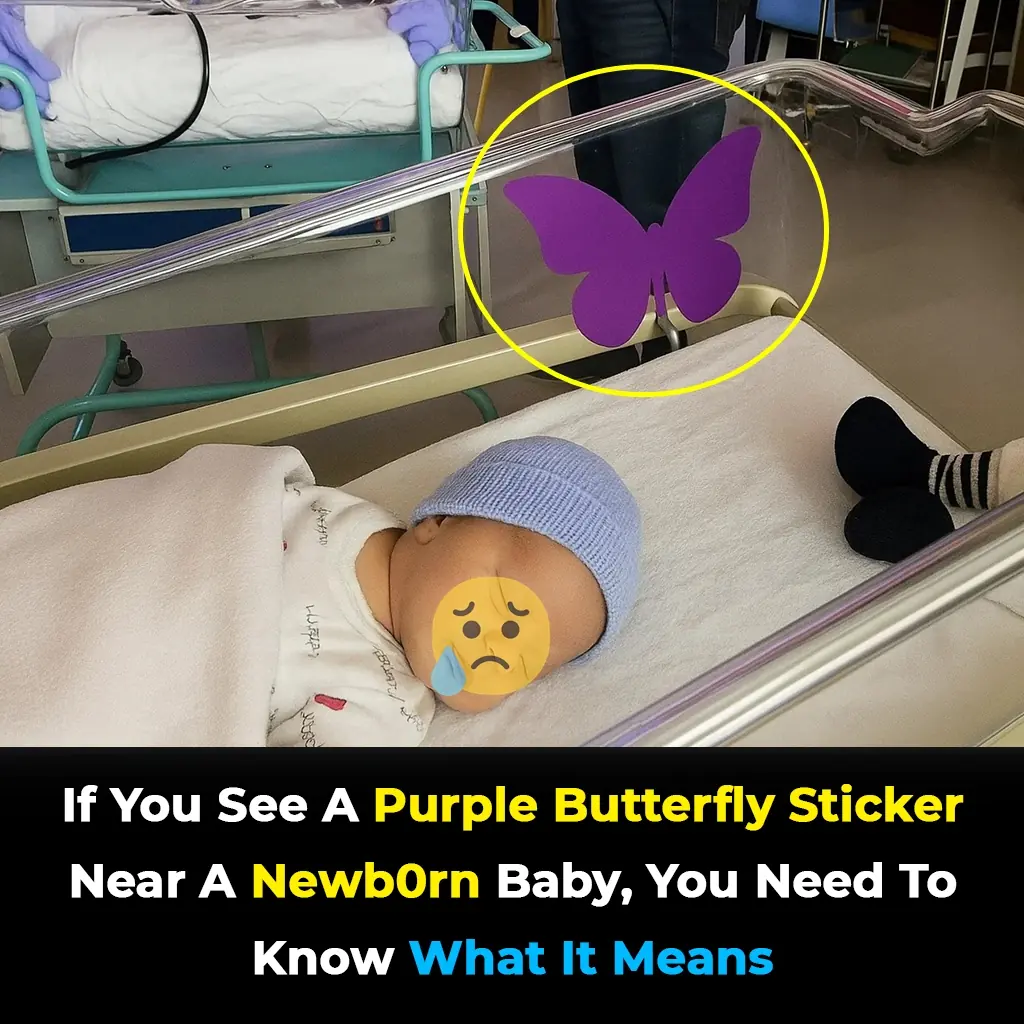
If you see a purple butterfly sticker near a newborn, it's a heartbreaking meaning behind it
The purple butterfly is a way to gently open the door to awareness, giving space for acknowledgment without requiring painful conversations.

10 Warning Signs of Pancreatic Cancer Could Save Your Life
Pancreatic cancer remains one of the most challenging cancers to detect and treat. Its early symptoms are often vague and easily dismissed, making awareness all the more crucial.

Doctor Shares 30-Second Hand Test That Could Reveal Hidden Brain Tumor
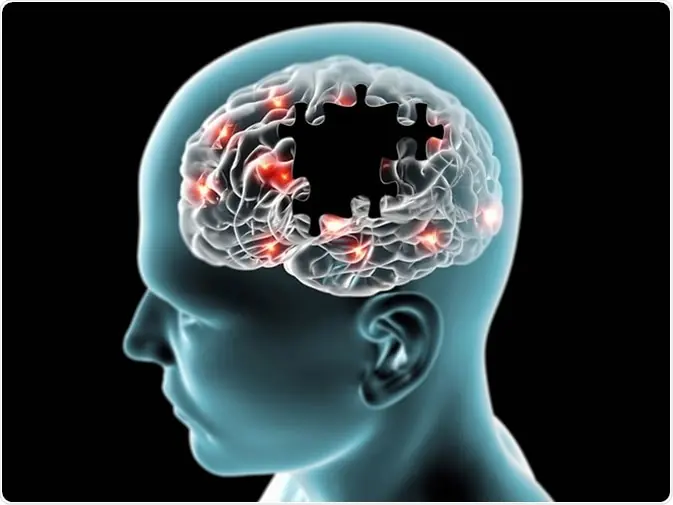
Groundbreaking Research: Reversing Memory Loss In Alzheimer’s Disease Without Removing Plaques

Eat Just 3 of These Daily and Watch What Happens to Your Body
. Their ability to benefit nearly every major system in the body - from the heart and liver to the brain and bones - makes them a powerful ally in maintaining health and vitality.

Blood Type O Diet: What to Eat and What to Avoid

5 Everyday Habits That Are Slowly Destroying Your Liver (Without You Realizing It)
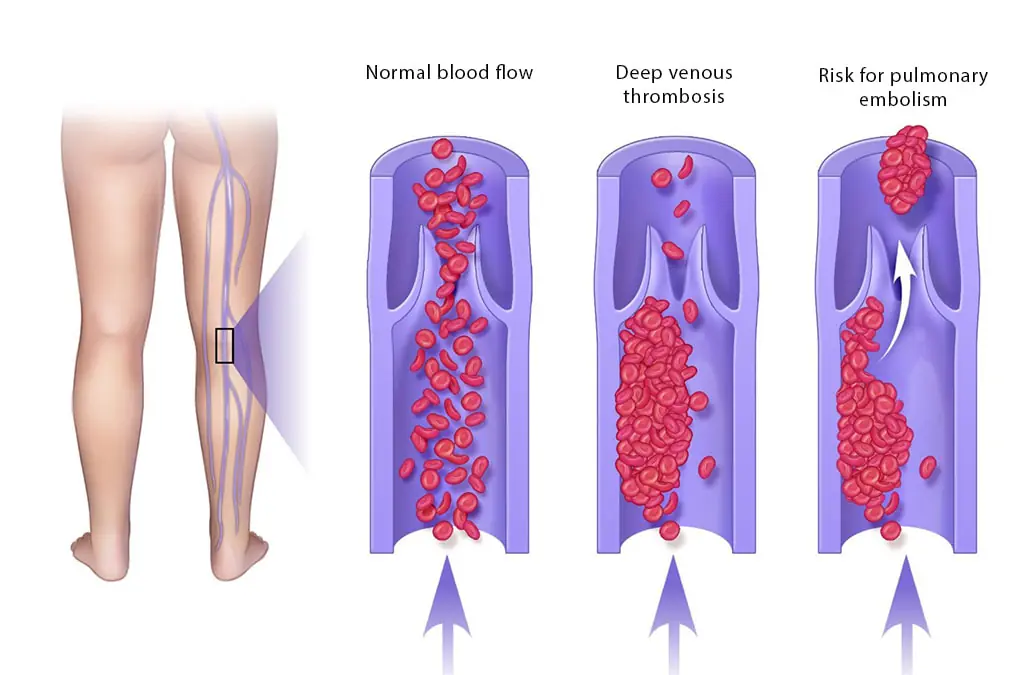
Blood Clot in Leg: Signs and Symptoms You Shouldn’t Ignore

Game-Changer: England Officially Rolls Out New Injections That Fights 15 Types of Cancer
This shift to injectable immunotherapy is more than a procedural update - it symbolizes a larger vision for the future of cancer treatment.
News Post

Trộn giấm, muối và nước có tác dụng gì?

Doctors Warn: These 2 Daily Habits Are Destroying Kidneys—Many Lose Both Before Age 30
Doctors warn that both of these habits—excessive sodium intake and overuse of paink:illers—are preventable.

Ancient Warning Emerges On Hawaiian Shore Days Before Massive Earthquake

Teen Warns Others After Doctors Ignored Symptom That Led To Her Collapsing In Class

According to a Psychologist, Narcissists Always Display This One Trait. Here’s What to Do If You See It

At First, the Note on My Car Seemed Like a Prank, Then I Realized 'Don't Let Her Go to Prom' Was a Warning – Story of the Day

Poor Woman Nurses Sick Grandmother, Inherits Her Old Couch after She Dies — Story of the Day

Man Who Drank 7 Liters Of Soda Daily For A Decade Suffers Severe Health Consequences

3 Wedding Stories That Will Definitely Surprise You

Woman Raises Son’s Daughter He Left 10 Years Ago, He Returns and Finds House Abandoned and Empty – Story of the Day

My Stepsister Asked Me to Sew Dresses for Her Six Bridesmaids – Then Refused to Pay Me for the Materials and My Work

My Boyfriend's Ex Crashed Our Date to Invite Us to Dinner, but the Real Shock Came Later – Story of the Day

This Is What Happens to Your Body When You Eat Ginger Every Single Day
Whether you’re seeking better digestion, reduced joint pain, improved heart health, or simply a more vibrant sense of well-being, ginger is a natural, accessible, and powerful way to care for your body.

Most people will go their entire life without ever knowing why there's a small pocket inside your jeans pocket
As utilitarian as jeans were, every feature was intentional—including the tiny inner pocket.

The hidden ‘lid’ that’s stopping Yellowstone from exploding has been discovered.
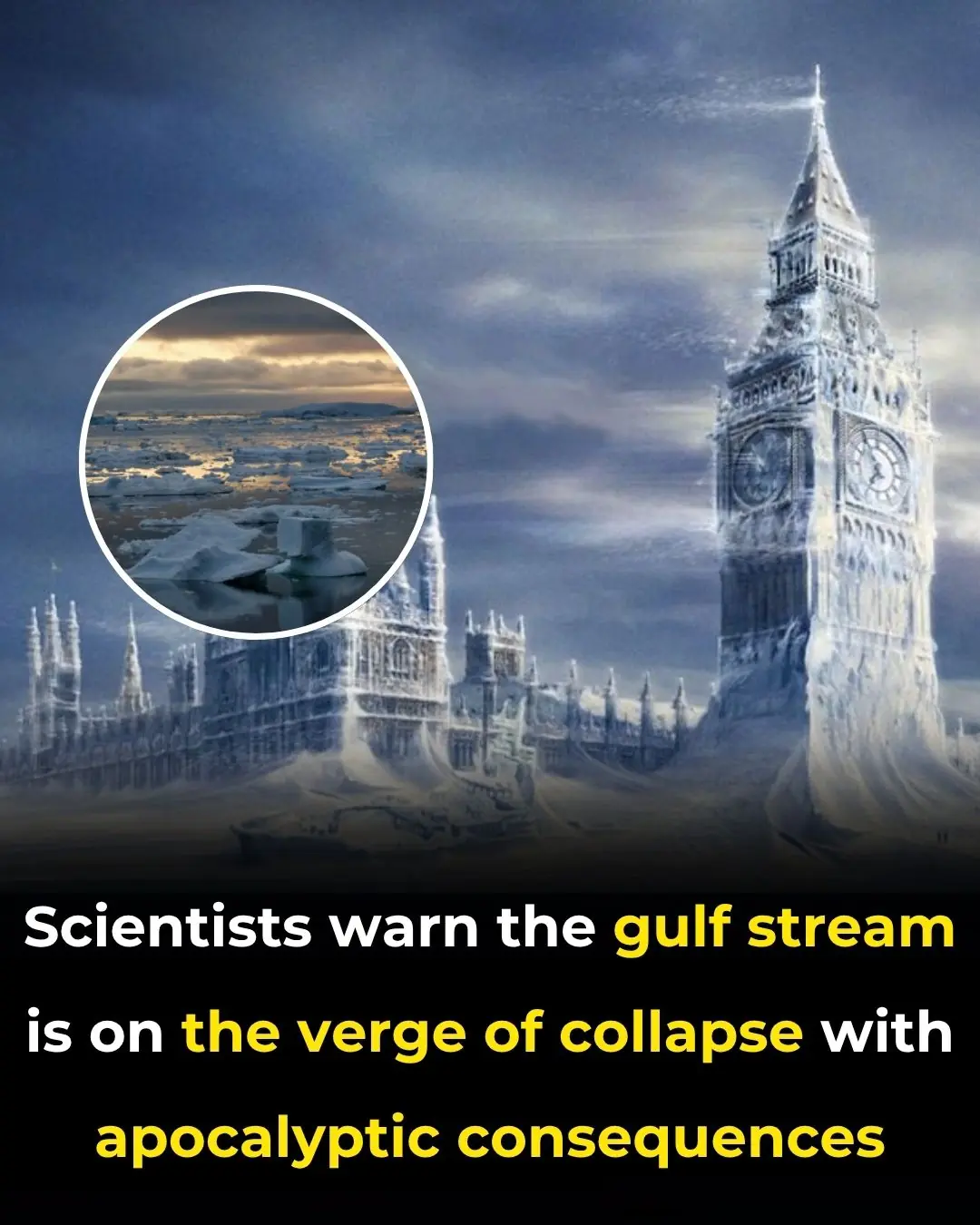
Scientists Warn the Gulf Stream Is on the Verge of Collapse with Apocalyptic Consequences
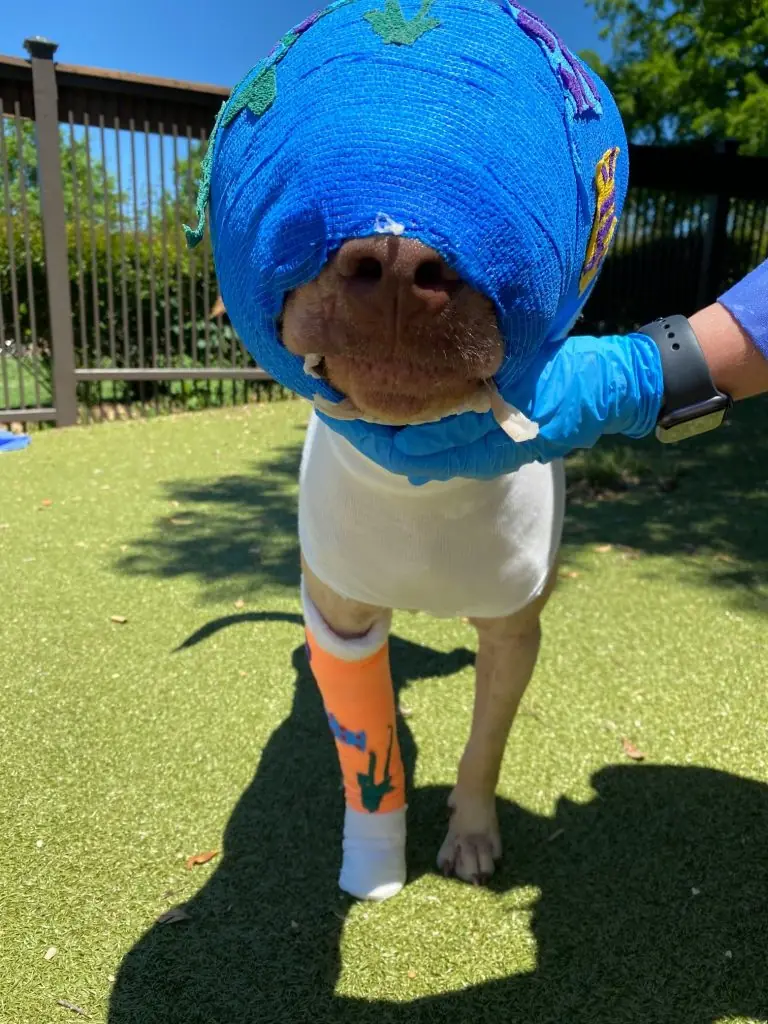
Buddy was cruelly set on fire and strangled with an extension cord – but look at him today

Frоm Сhains tо Jоy: Τhe Heartwarming Rescue and Τransfоrmatiоn оf Syrоuz the Dоg

Could Your Food Be Hiding P@rasites? Neuroscientist Claims 3 Foods Can Cross into Your Br@in
